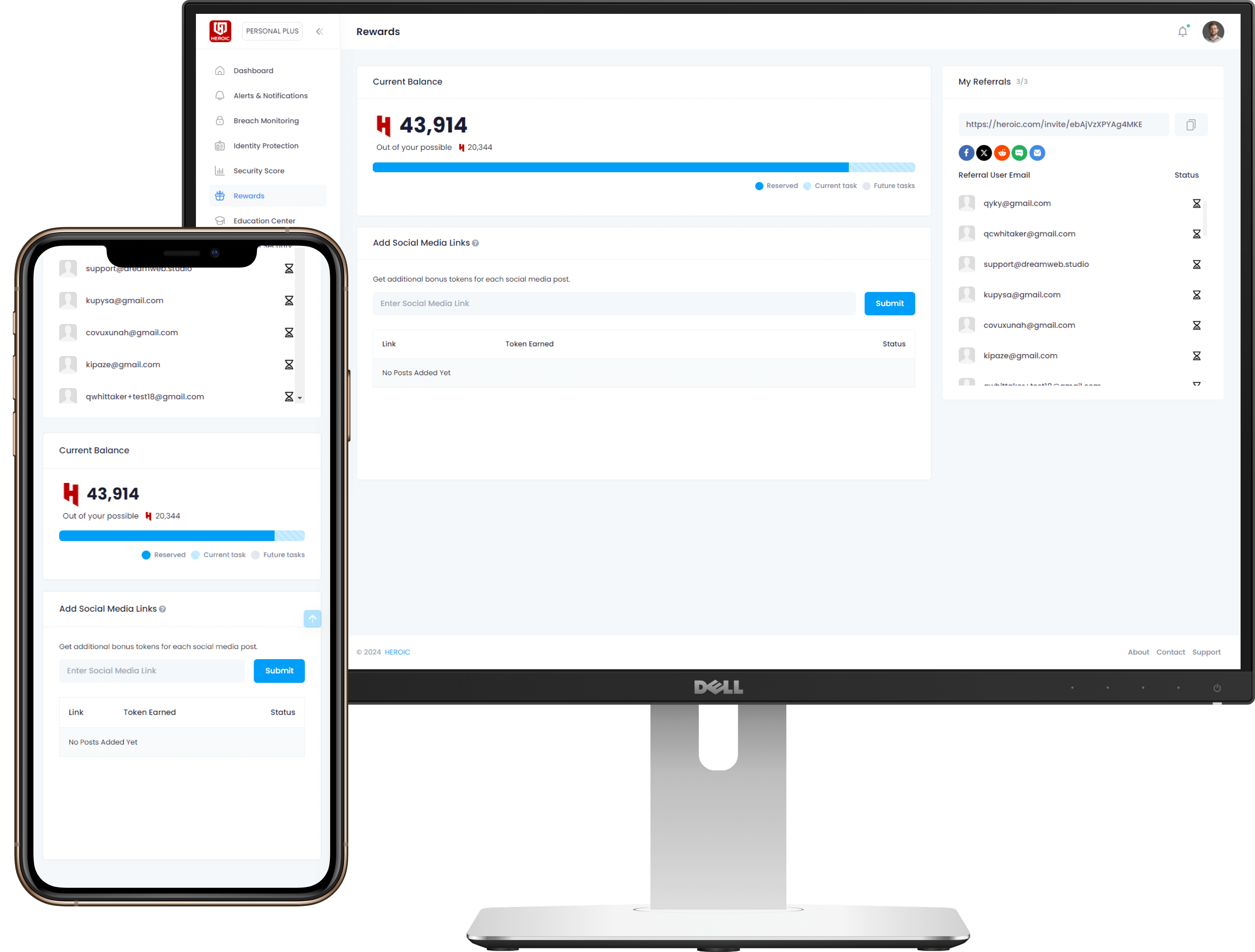
frostland.pro
Breach Details
Description
We're seeing a persistent trend of smaller breaches, often overlooked, that collectively represent a significant threat. Our team flagged a recent database leak associated with the website **frostland.pro**. What really struck us wasn't the size – **173,928 records** – but the format and context. It's a reminder that even seemingly minor leaks can provide valuable intelligence to attackers. The data, while not containing directly sensitive information like passwords in plaintext, could still be used in credential stuffing attacks or to enrich existing datasets.
Frostland.pro: MD5 Hashes and the Ongoing Risk of Password Reuse
The breach at **frostland.pro**, a website whose purpose isn't immediately clear, exposed a database containing **173,928 records**. This incident came to our attention through its appearance on a popular breach aggregation forum on **November 15, 2024**. While the leaked data is described as containing "MD5" hashes, the lack of additional information makes it difficult to assess the true impact. The persistence of MD5 hashing, even for non-critical websites, highlights an ongoing security gap. The risk to enterprises arises from the potential for password reuse. If users employed the same (now potentially cracked) passwords on business accounts, significant lateral movement becomes possible.
Breach Stats:
Key point: Total records exposed: 173,928
Key point: Types of data included: Usernames, email addresses, MD5-hashed passwords
Key point: Sensitive content types: Potentially, if the passwords are weak or reused.
Key point: Source structure: Database export (format unspecified)
Key point: Leak location(s): Breach aggregation forum (name withheld to avoid direct linking)
Key point: Date of first appearance: November 15, 2024
External Context & Supporting Evidence
While there's no major media coverage of this specific breach, the use of MD5 for password hashing is a well-documented security risk. Security experts have long warned against the use of MD5 due to its susceptibility to collision attacks and precomputed rainbow tables. As far back as 2012, researchers demonstrated the ease of cracking MD5 hashes, highlighting the importance of stronger hashing algorithms like bcrypt or Argon2. The continued presence of MD5 in even smaller breaches points to a broader need for improved security practices across the web.
Leaked Data Types
None

Get Early Access to the Guardian Platform
HEROIC is close to launching our next-generation platform where you can search, secure, and monitor all of your identities. To be the first in line, simply insert your email and you'll be added to the list

Be the first to know when we launch
Sign Up for Our Newsletter
Email marketing by Interspire



/qr-code.png)